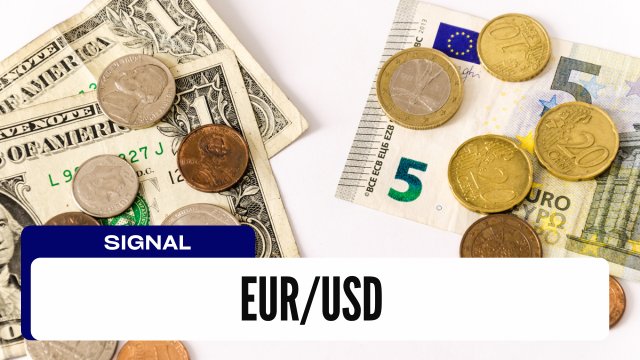BTC/USD remains under pressure near $87,000 as bearish technical signals, weak ETF flows, and global rate hike fears point to a potential drop toward $80,650.
Gold (XAU/USD) surged near $4350 on Tuesday, with bullish momentum fueled by Fed rate cut bets, geopolitical tensions, and ETF inflows, keeping gold on track for a historic 2025 close.

















